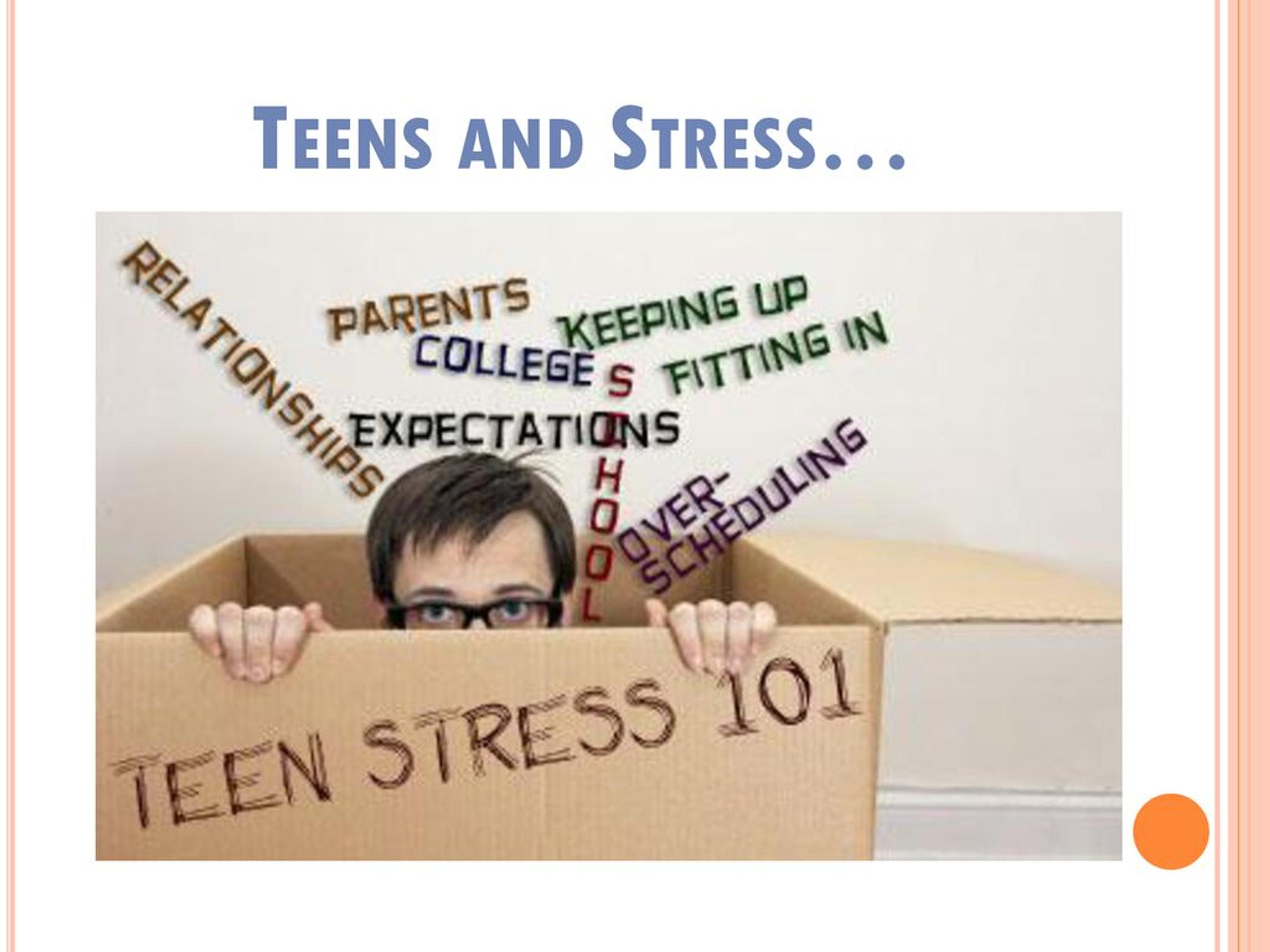Pastoral Care
Teenagers and stress

Pastoral Care
Teenagers and stress
We are at our best when we can calmly and wisely approach a challenge. Sometimes however, stress feels so immediate, overwhelming, or threatening that it is hard to maintain presence of mind. The same goes for tweens and teens. It’s hard to manage stress, especially if they’re facing a crisis.
Our comprehensive stress management plan offers a variety of strategies to support teens to deal with challenging situations in productive, healthy ways. It offers a repertoire of strategies to draw from to meet immediate needs.
If your child is struggling to problem-solve because their head is spinning, suggest the following five approaches that are rooted in an understanding of stress biology. These methods enable teens to restore their ability to think clearly. Work together with your teen to make sure they understand how to draw from these strategies whenever they’re feeling stressed. (They happen to work for adults as well!)
We are at our best when we can calmly and wisely approach a challenge.
1) Exercise
If hormones are surging through the brain communicating “RUN,” it’s impossible to think. Exercise that involves the running muscles uses up the adrenaline surge and communicates to the body to outrun the cause of fear (the “tiger”) to survive. Adrenaline turbocharges the body. Until that fuel is used up, the body cannot feel settled and therefore the mind can not focus. We must encourage our teens to get moving in times of stress.
2) Breathe
The body has two parallel nervous systems. The parasympathetic (Relax! I’m chillin’) system and the sympathetic (Help! I’m being chased by a tiger!) system. Given that they function in parallel, they cannot operate at the same time. Therefore, turning on the relaxed system automatically lessens the body’s signals that it’s in crisis. Deep, rhythmic breathing is the easiest way to turn on the relaxed system. It literally restores blood flow — and therefore function — to the thinking part of the brain. Think of it as flipping a switch. We can teach our children about the importance of different types of breathing and how to flip the switch into relaxed mode.
3) Think
Now that the turbocharged fuel is used up, the body has been put in a relaxed state. Blood flow has been restored to the thinking part of the brain (known as the cerebral cortex) and problem solving can begin. It can start with a reminder, even amidst panicked thinking. “I am not really in danger. I’m not being chased by a real tiger.” Once the brain is calm, it’s time ask three key questions to restore a mindset of resilience:
These questions help determine whether or not the problem is a crisis that must be dealt with or a lesser problem that will lose importance over time. When we support teens to accurately think about stress and its impact, they can more effectively problem-solve and plan how to address the problem.
4) Express Emotions
By not expressing emotions, they build up and lead to discomfort, or worse, shutting down. Suggest that teens complete the following sentence: “I ____________ it out.” Answers to fill in the blank may include: wrote, prayed, talked, rapped, drew, sculpted, or danced, among many others. There is no right answer as long as it prevents feelings from being locked up inside and releases emotions in healthy ways.
5) Reach Out
By taking these initial steps, teens can move towards other stress management strategies that enhance wellness. Chief among them is the ability to reach out to others for immediate comfort. This reminds all of us that we are not alone in life’s journey. And, it allows for thoughtful conversations in which we gain the insights that move us forward.
More information on this article can be found at: https://parentandteen.com/supporting-teens-to-manage-stress-even-in-the-midst-of-a-crisis/?utm_source=th_fb_2_10_20&utm_medium=o_p&utm_campaign=facebook_AM&fbclid=IwAR00wT7Eg-KvgNyf6fl7ZvZ9MAJm0eN1CT3SLPEKiMz977erOvZ6qDNJNro
The Pastoral Care Team